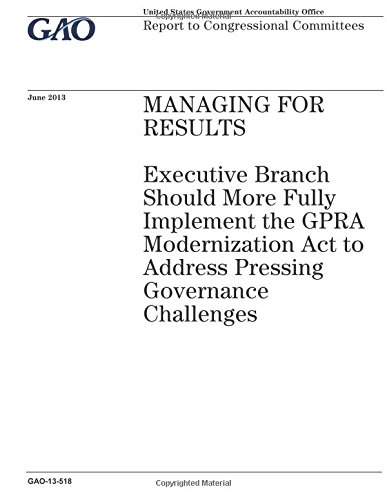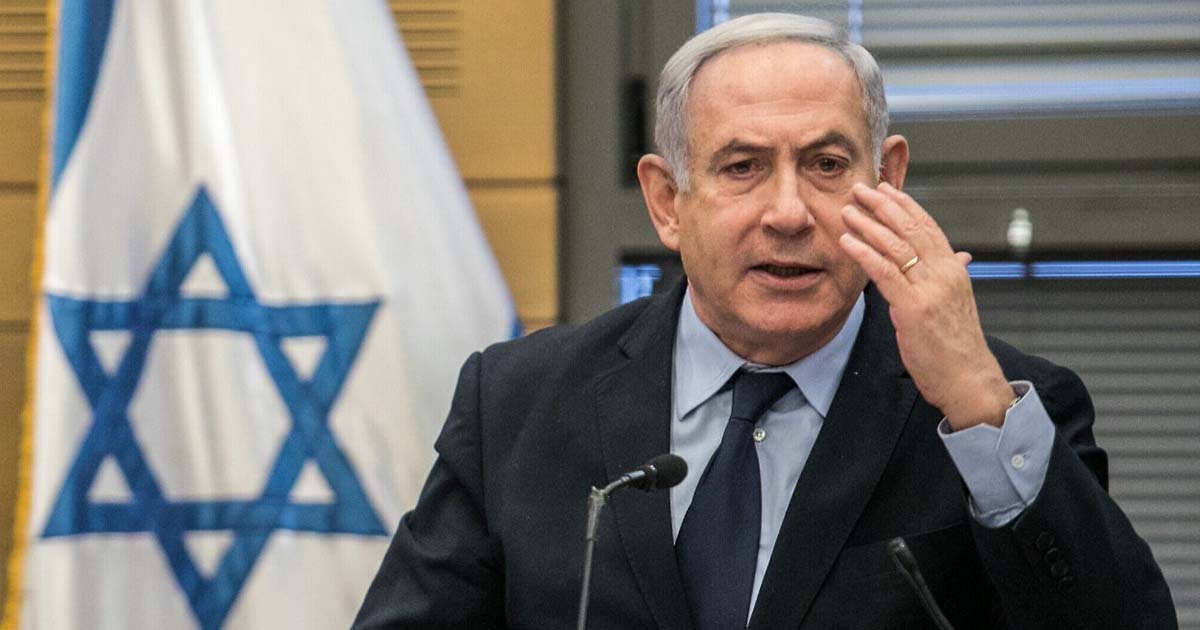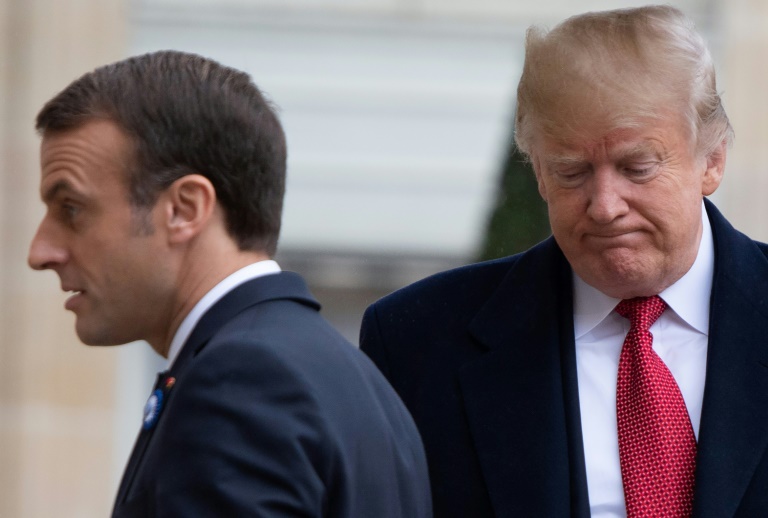News Analysis |
We have witnessed the third consecutive peaceful transfer of power via elections. This is unprecedented in Pakistan’s history. The PTI proved itself to be the largest party and may be able to form governments in multiple provinces other than the center. What is not unprecedented, however, are the challenges the nation faces going forward.
Chief among these challenges is probably solving the problems the country’s economy is suffering from. Pakistan’s external debt and liabilities had soared to over $91 billion by May of this year, having risen by 31% over the past four years. Out of the total external debt and liabilities, the government’s public debt obligations including foreign exchange liabilities were $76.1 billion at the end of March in 2018. Recently, the foreign exchange reserves rose by 15% to $10.35 billion.
A national water policy was adopted in the final months of the previous government’s tenure but having such a policy is the merely the first step towards addressing the problem.
That is a positive sign but these reserves are still not high enough to not be worrying. The new government will have to make some key decisions early on in their tenure in order to tackle these challenges. Already there have been speculations about whether or not the new government will seek a bailout from the IMF. For its part, the US government has said that IMF loans should not be used to pay back Pakistan’s Chinese lenders.
In the words of Secretary of State Mike Pompeo, American “tax dollars” should not be used to bail out Chinese lenders. The IMF might demand all details of loans given by China to Pakistan, their interest rates, terms of maturity and all other relevant details before agreeing to give a bailout package. This the first challenge that the new government must face.
Read more: How will the new Govt. deal with the fiscal deficit?
Water is also a very serious issue for the country. There have been increasingly worrying reports over the years that Pakistan is already a water-stressed country and may soon become a water-scarce country if no measures are taken to change things. A national water policy was adopted in the final months of the previous government’s tenure but having such a policy is the merely the first step towards addressing the problem.
There has been a sharp increase in awareness around this issue, symbolized by the “Dam fund” made by the Chief Justice of Pakistan to collect donations to fund the Diamer Bhasha dam’s construction. What kind of water conservation strategies need to be adopted? Do there need to be government-sponsored awareness campaigns to incentivize citizens to conserve water at the individual level?
The new government will have to make some key decisions early on in their tenure in order to tackle these challenges. Already there have been speculations about whether or not the new government will seek a bailout from the IMF
Can the government build consensus on controversial projects such as the Kalabagh dam? Will the government give due priority to the implementation of the national water policy or will there be some changes in it? A number of such key questions need to be answered by the new government if we are to tackle the critical issue of water security in the foreseeable future.
A problem related to water security is environmental security. The PTI launched a successful ‘billion-tree Tsunami’ in KPK. Can something similar be replicated on the national level? Some reports indicate that less 2% of Pakistan’s total land area is covered by forests. Trees provide a number of benefits, including absorbing carbon dioxide and stopping floods.
Read more: Can an increase in remittances boost Pakistan’s economy?
However, some environmental scientists argue that it is not simply a matter of planting more trees. There needs to be a shift in our lifestyle and the way we produce and consume energy to conserve the environment and mitigate climate change. This is a complex challenge. The Ministry of Climate Change under the new government must take proactive measures to solve this problem.
The ever-present challenge of security is likely to be a thorn in the government’s side. Already, we have had a few deadly attacks during the election campaign. This is a signal that the problem of terrorism has not gone away entirely. There has been a marked decline in terrorist incidents over the past few years. However, the deaths of over a hundred citizens in the past few weeks at the hands of terrorists shows that this problem will persist in the next five years as well.
As Jairam Ramesh said, “there will never be an ideal time for tough decisions. There will always be an election or something else”.
Foreign policy is intricately linked with the problem of terrorism. Cross-border infiltration by terrorists can only be resolved if all ‘boundary’ issues with Afghanistan are addressed first. Imran Khan has said in his speech after winning the elections that we need to make sure relations with our neighbor to the West remains stable and peaceful. He also mentioned he will extend the hand of friendship and cooperation towards India, adding that solving the Kashmir issue was the top priority.
It remains to be seen how much he can actually achieve in the realm of foreign policy, given the history of the region. Implementation of CPEC without interruption due to change in the ruling party may also prove to be a challenge. There were some concerns that the fruits of the project might not be distributed equitably under the previous government.
Read more: Failure in the conservation of water will make Pakistan a failed…
Now that opposition parties are set to join hands, they might produce new hurdles in consensus building. The ongoing issue of the privatization of government enterprises will also have to be faced by the new government. Distribution companies, Pakistan Steel Mills and PIA are all generating losses. Can the new government succeed where previous ones failed?
These are just a glimpse of the issues that the government will face and will continue to face. As Jairam Ramesh said, “there will never be an ideal time for tough decisions. There will always be an election or something else”. Tackling all these challenges will require some tough decision making by the government which is likely to have repercussions years down the road.














